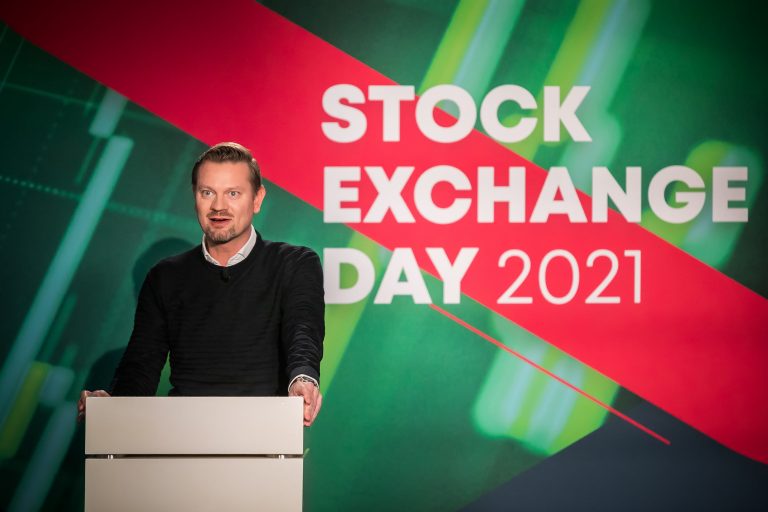Luxembourg’s Blockchain IV bill could serve as an additional option for the transformation of the investment fund industry, potentially facilitating further tokenisation, efficiency and transparency. Paolo Brignardello CCO of FundsDLT explores how this draft legislation can offer new opportunities.
Luxembourg is a pioneer in fintech legislation, creating a robust legal environment that has helped enable the establishment and ongoing success of innovative companies and services. The Luxembourg “Blockchain IV” bill of law, proposed in July this year aims to further enhance the legal framework for dematerialised securities and DLT. This bill is part of Luxembourg’s strategy to position itself as a leading centre for DLT in the financial sector.
A strong foundation
Previously, Luxembourg enacted three significant blockchain- and DLT-related laws. The Blockchain I Law of 2019 was one of the first in the EU to recognise blockchain as equal to traditional transactions. In 2021; the Blockchain II Law strengthened the framework around dematerialised securities and, in 2023, the third in the series strengthened the rules on collateral and digital assets while aiming to enhance legal certainty.
With the Blockchain IV bill, Luxembourg builds upon this foundation to solidify its position as a leading hub for financial innovation in Europe. Importantly, with the country’s leading position in investment funds; the bill could be relevant for fund administration and distribution.
In brief, the Blockchain IV bill proposes to update three existing laws to offer more flexibility and legal certainty for issuers using DLT. A significant new aspect is the optional control agent regulated role. This entity can manage the issuance, holding and transfer of dematerialised securities. The draft law also expands the framework to include equity securities, while always aiming to improve security and transparency for issuers and investors.
The bill therefore can be applied to the tokenisation of investment funds, allowing for the digital representation of fund units or shares on a blockchain.
Making it easier for end-to-end operations and digital transformation
In general, it has been clearly demonstrated that tokenisation of financial instruments can optimise the distribution chain, reduce costs and enable quicker transactions. The automation and efficiency gains from using DLT can lead to significant cost reductions in fund administration and operations. By providing a clear legal framework for DLT, Luxembourg strengthens its position as a leading fund centre. The bill also indirectly encourages innovation in fund services, such as the development of new DLT-operated platforms for issuance, settlement and payment.
Beside the standard role of Transfer Agent, the introduction of the control agent role will help change the operational aspects of investment fund operations and distribution by providing greater legal certainty and flexibility for tokenising, making it easier for investment funds to access the new generation of digital distribution channels.
We anticipate that a credible consequence of the law would be an increased adoption of DLT, as the legal framework’s recognition of DLT-based financial instruments is likely to encourage more investment funds to embrace this technology.
Luxembourg appears to be well prepared to adopt and implement the Blockchain IV bill and leverage its benefits for the investment fund industry. The country has been proactive in adapting its legal framework to accommodate DLT.
For FundsDLT, the Blockchain IV bill can represent an opportunity to accelerate DLT adoption in investment funds distribution and the overall digital transformation of the fund industry. It aligns well with our mission to streamline processes along the fund supply chain. The new regime is optional, and we are committed to supporting and guiding those who wish to transition to next-generation fund distribution.
This article first appeared on Delano.lu



